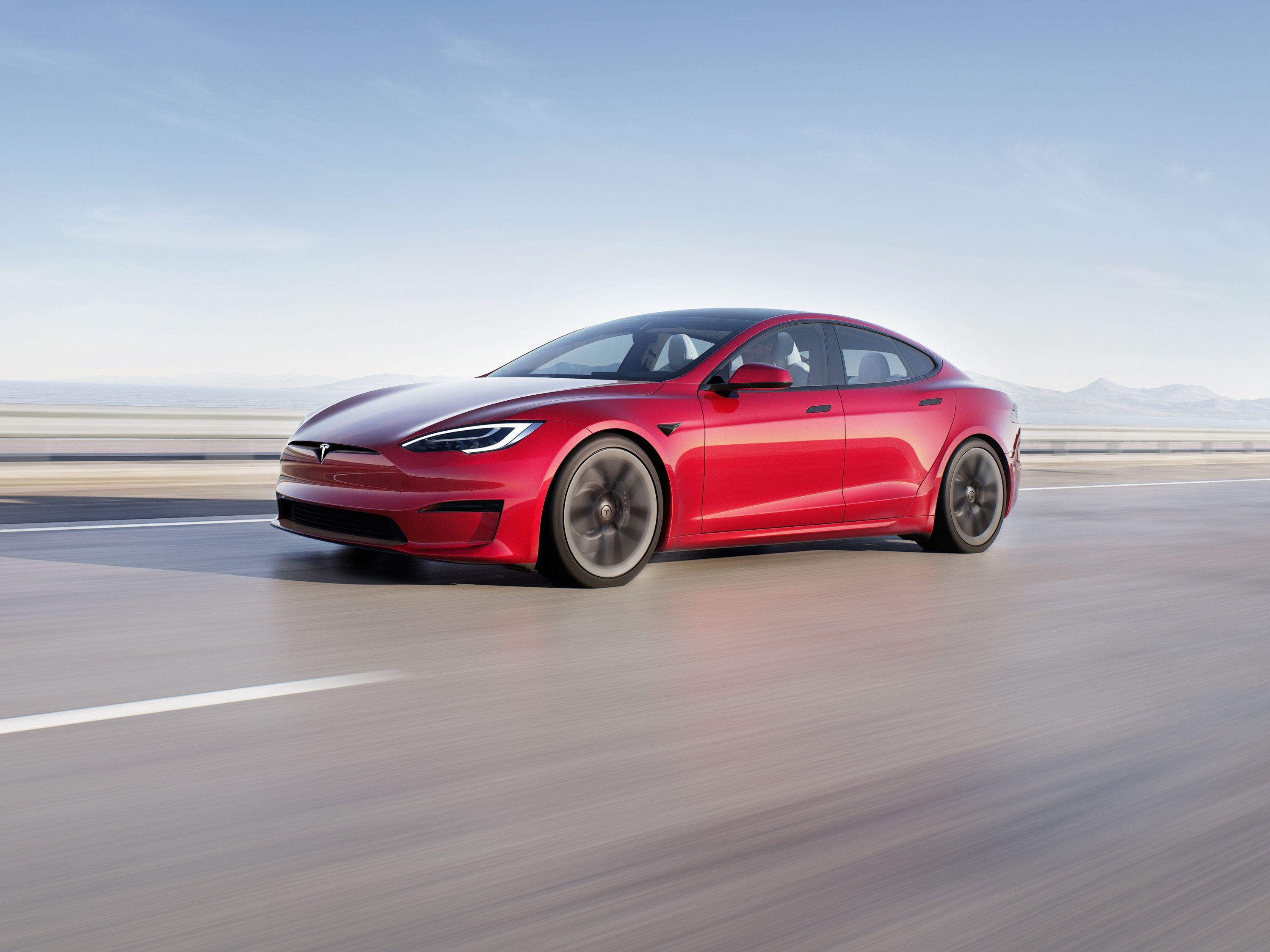
As it stands, modern vehicles are replaced with all-new designs pretty frequently - perhaps more frequently than at any other time in automotive history. WardsAuto reports that the typical target product lifecycle for automakers is about five years, with mid-cycle updates along the way, as new crash safety requirements and stricter fuel efficiency mandates demand constant attention.
But what happens when you take away those fuel efficiency mandates in something like a Porsche Taycan? That's never going to happen with vehicles powered by internal combustion engines, of course, but for battery-electric vehicles, there's very little in the way of efficiency mandates, meaning the need to constantly redesign products could be lessened significantly.
That could lead to product lifecycles closer to seven to ten years, on average, according to IHS Markit's Associate Director of North America Light Vehicle Production, Joe Langley.
"We're seeing extensions of vehicle life cycles," Langley told WardsAuto. "A few years ago, the race was for five-year, even four-year cycles."
That phenomenon, where battery-electric propulsion allows automakers to extend product lifecycles and avoid costly redesigns, helps to explain the Tesla Model S - a vehicle that's existed in more-or-less the same form since 2012. The car also has one other big trick up its sleeve when it comes to staving off obsolescence: over-the-air (OTA) software updates that can help keep its performance fresh even as the underlying hardware remains constant.
That's all great news for automakers, which have to take into account not only the R&D costs of each new redesign, but the extensive costs to create new production tooling and overhaul existing factories, as well. But it might also be good news for consumers; longer product lifecycles mean that each model's costs can be amortized over a longer span of time, which can only help sticker prices.
Of course, we're still a long ways away from EVs claiming the lion's share of new car sales, but with automakers from Volkswagen to General Motors to Jaguar all scrambling to compete in that market, there's plenty of reason to have faith.
